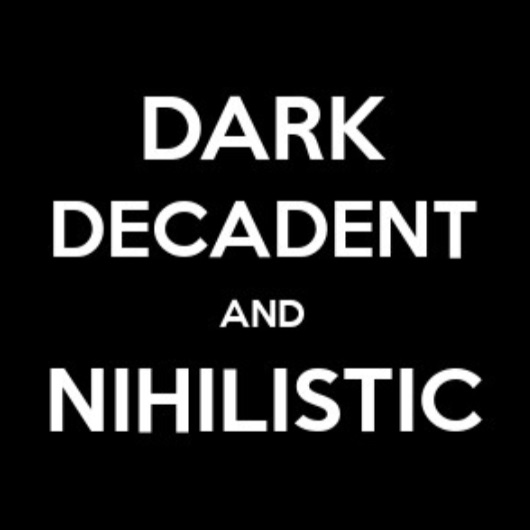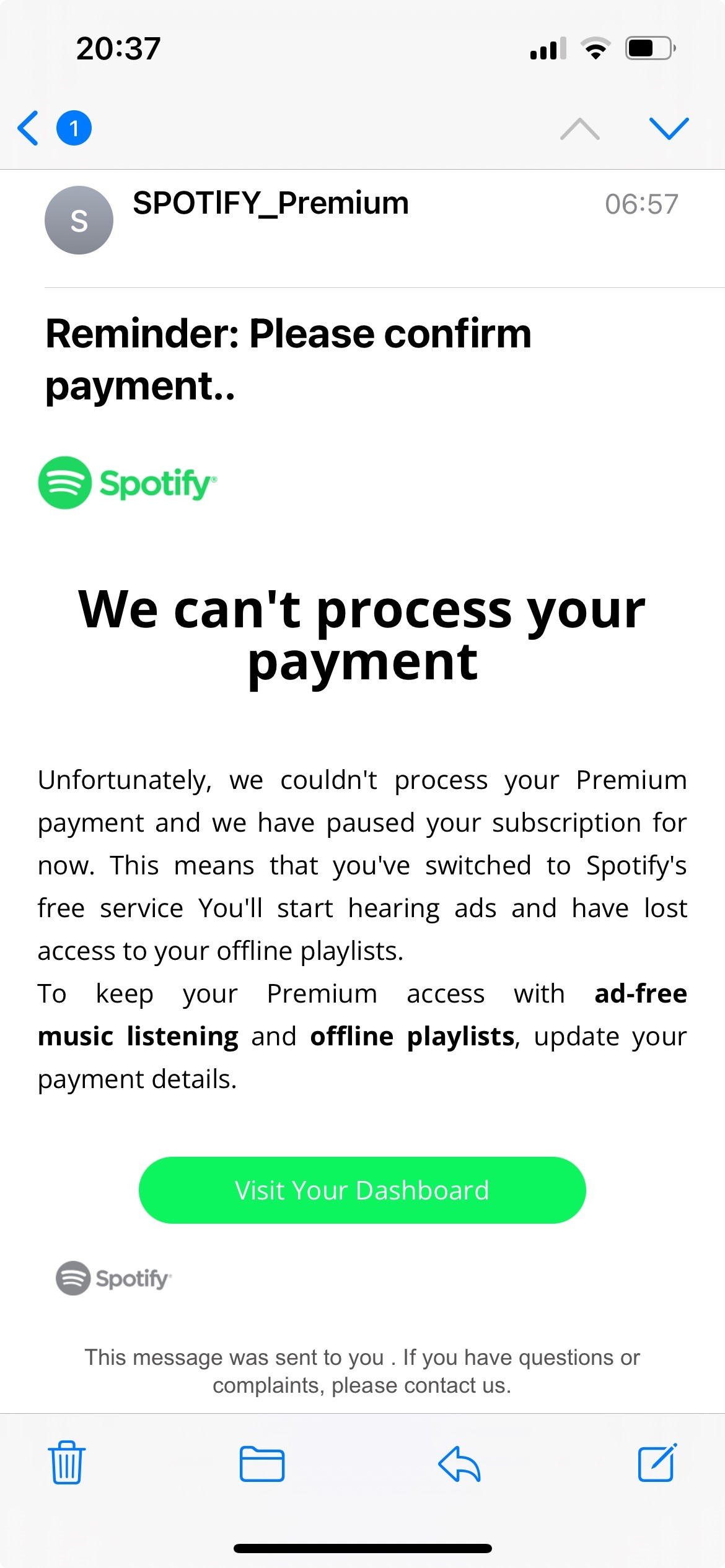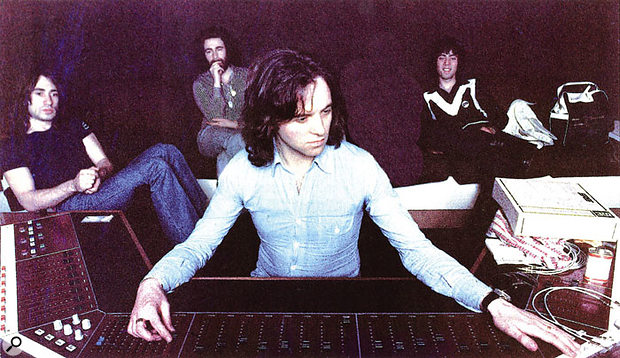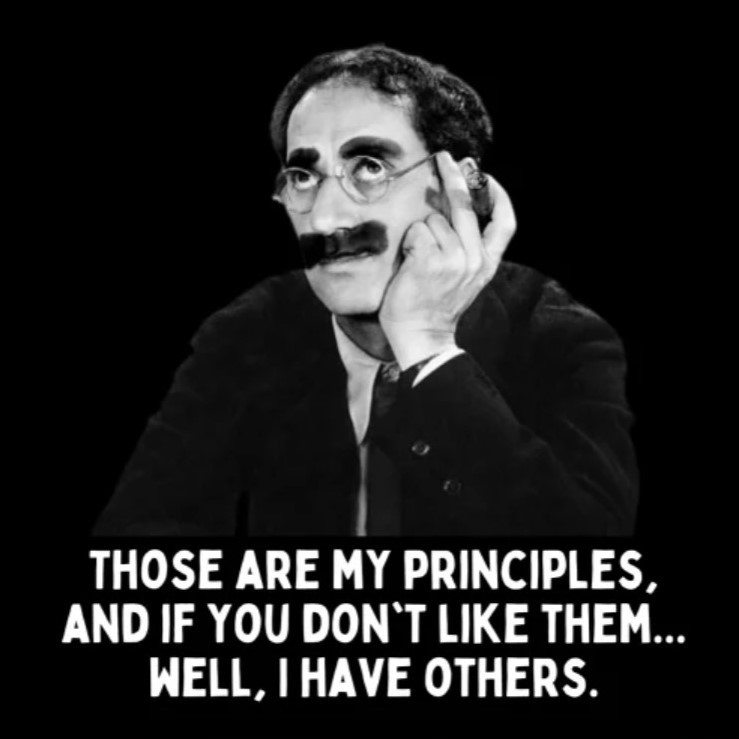 A counterculture is a culture whose values and norms of behavior differ substantially from those of mainstream society, sometimes diametrically opposed to mainstream cultural mores. Punk is a counterculture. It's said to be dark, decadent and nihilistic. I met punk in 1977. We obviously noticed the ragged clothes, the leather jackets with rivets and the safety pins through chins, but we didn’t make too much of it. And we certainly didn’t recognize the tension, anger, frustration and anxiety. We just danced on. Let me explain. I grew up in a small ”company town” outside Stockholm. In those days, there was nothing to do except for sport or dancing. We danced (or made our unruly and stochastic moves - for lack of a better expression) in modern places like in the basement of the newly built "The People's House" (Swedish: Folkets hus), in the basement of a swim center and anachronistically in rural community centers, a type of homestead or heritage center (Swedish: bygdegård) in the rural parts of the municipality. These were small communities and not densely populated. If the places we went to were an odd mix of new and old, it’s was nothing compared to the DJs playlists. "Daddy Cool" by Boney M, "2-4-6-8 Motorway" by Tom Robinson Band, "Yes Sir, I Can Boogie" by Baccara, "Anarchy in the UK" by Sex Pistols, "You Sexy Thing" by Hot Chocolate, “Disco Duck” by Rick Dees and His Cast of Idiots, "God Save The Queen” by Sex Pistols, "I Will Survive" by Gloria Gaynor, "White Riot" by Clash, "Dancing Queen" by Abba, "Pretty Vacant" by Sex Pistols, "Dont' Leave Me This Way" by Thelma Houston, "Sheena Is A Punk Rocker" by Ramones, "That's The Way (I Like It)" by KC & the Sunshine Band, and for the last dance (cheek-to-cheek) "I’m Not In Love" by 10cc or "Love Hurts" by Nazareth. The punk influences just blended in. Maybe we "danced" a bit more intense in the punk songs, and maybe waived an arm or two or jumped up and down, but there’s all there was to it. Nothing dark, decadent or nihilistic. Except for a glue sniffing girlfriend in the toilet.
A counterculture is a culture whose values and norms of behavior differ substantially from those of mainstream society, sometimes diametrically opposed to mainstream cultural mores. Punk is a counterculture. It's said to be dark, decadent and nihilistic. I met punk in 1977. We obviously noticed the ragged clothes, the leather jackets with rivets and the safety pins through chins, but we didn’t make too much of it. And we certainly didn’t recognize the tension, anger, frustration and anxiety. We just danced on. Let me explain. I grew up in a small ”company town” outside Stockholm. In those days, there was nothing to do except for sport or dancing. We danced (or made our unruly and stochastic moves - for lack of a better expression) in modern places like in the basement of the newly built "The People's House" (Swedish: Folkets hus), in the basement of a swim center and anachronistically in rural community centers, a type of homestead or heritage center (Swedish: bygdegård) in the rural parts of the municipality. These were small communities and not densely populated. If the places we went to were an odd mix of new and old, it’s was nothing compared to the DJs playlists. "Daddy Cool" by Boney M, "2-4-6-8 Motorway" by Tom Robinson Band, "Yes Sir, I Can Boogie" by Baccara, "Anarchy in the UK" by Sex Pistols, "You Sexy Thing" by Hot Chocolate, “Disco Duck” by Rick Dees and His Cast of Idiots, "God Save The Queen” by Sex Pistols, "I Will Survive" by Gloria Gaynor, "White Riot" by Clash, "Dancing Queen" by Abba, "Pretty Vacant" by Sex Pistols, "Dont' Leave Me This Way" by Thelma Houston, "Sheena Is A Punk Rocker" by Ramones, "That's The Way (I Like It)" by KC & the Sunshine Band, and for the last dance (cheek-to-cheek) "I’m Not In Love" by 10cc or "Love Hurts" by Nazareth. The punk influences just blended in. Maybe we "danced" a bit more intense in the punk songs, and maybe waived an arm or two or jumped up and down, but there’s all there was to it. Nothing dark, decadent or nihilistic. Except for a glue sniffing girlfriend in the toilet.

"What's wrong with this picture?" is a classic game that can be used in the classroom to help young kids learn how to think critically and solve problems. However, you have to know me well to solve this problem. What are the five errors in the image? First, I never made that kind of payment. I buy physical or digital releases. Second, I'm not a Spotify Premium subscriber. Never have been and never will be. This should be obvious to the loyal followers of this website. I'm ranting and raving about Spotify. Relentlessly and fiercely. Third, I'm not a Spotify Freemium subscriber. If something isn't of any value, then it's free. Music have, or should have, a value. Fourth, I'm not a friend of streaming in any shape or form. However, I get unsolicited and unlimited streaming via the free Bandcamp app whenever I buy a physical or digital album there. Fifth, I have built resilience against risk of scams. I got scammed once, read more here (opens in a new window). A scam attempt is to try to take advantage of people's trust. There's no trust here. The irony in this case is that I deeply dislike Spotify. However, a scamming attempt is nothing compared with the company scamming. Spotify has raised the bar for ridiculous management salaries and toxic management culture. An anonymous employee wrote:"Spotify is one of the most toxic work environments I've ever worked in. Politics run rampant and teams here are the most genuinely unkind I've ever met. If you care about producing work, this is not the place for you. Do NOT put your trust in managers. Here, they are just as destructive to your personal goals as they are ineffective in helping you realize any professional development." Paradoxically, Spotify is one of the most attractive employers for young professionals. The worst part isn't the scamming attempt. The worst part is the implying that I'm a Spotify subscriber. That really hurts.
 Hand on heart, where do you stand when it comes to overdubbing? The technique is used in audio recording in which audio tracks that have been pre-recorded are played back and monitored, while simultaneously recording new, doubled, or augmented tracks. This procedure can be repeated multiple times. This technique is often used with singers, as well as with instruments, or ensembles/orchestras. Overdubbing is typically done for the purpose of adding richness and complexity to the original recording. It divides people. The minimalists argue that there should be no more layers added to a recording, it should sound "as is". Some extreme minimalists even advocate underdubbing, where certain elements may have been removed from a recording. The maximalists argue on the other hand that there's always room for improvement: altering, fixing, compensating and enhancing the sound. The maximalists span from moderate to over the top (the more layers added on a recording the better). One of the best known songs with overdub is "I'm Not in Love" by 10cc included on their third album, The Original Soundtrack, read an in-depth article about how the song was recorded here (opens in new window). The song was recorded in Strawberry Studios in Stockport and was originally recorded as a bossa nova. The band members weren't pleased with the outcome. The band tried different approaches, but nothing worked. The recording came close to being abandoned. The Strawberry Studios secretary Kathy Redfern, persuaded the band not to scrap it (and eventually supplied the whispered spoken word ("Be quiet, big boys don't cry"). The band knew that they had to come up with something completely different. And they did. Vocal harmonies in excess. A bass drum and a piano worked as a metronome. There are 256 vocal overdubs on the song created with tape loops. The lush harmonies with multitracked vocals sounds like a string arrangement. It was a time-consuming and painstaking procedure. The band sang 'Aahhh' for three weeks. This was new and groundbreaking. A seminal idea, an innovative take, perfectly executed with an impressing final result. Remember well, and bear in mind, this was made with the recording technology that were available 50 years ago. This makes it even more impressing. A big 'Aahhh'.
Hand on heart, where do you stand when it comes to overdubbing? The technique is used in audio recording in which audio tracks that have been pre-recorded are played back and monitored, while simultaneously recording new, doubled, or augmented tracks. This procedure can be repeated multiple times. This technique is often used with singers, as well as with instruments, or ensembles/orchestras. Overdubbing is typically done for the purpose of adding richness and complexity to the original recording. It divides people. The minimalists argue that there should be no more layers added to a recording, it should sound "as is". Some extreme minimalists even advocate underdubbing, where certain elements may have been removed from a recording. The maximalists argue on the other hand that there's always room for improvement: altering, fixing, compensating and enhancing the sound. The maximalists span from moderate to over the top (the more layers added on a recording the better). One of the best known songs with overdub is "I'm Not in Love" by 10cc included on their third album, The Original Soundtrack, read an in-depth article about how the song was recorded here (opens in new window). The song was recorded in Strawberry Studios in Stockport and was originally recorded as a bossa nova. The band members weren't pleased with the outcome. The band tried different approaches, but nothing worked. The recording came close to being abandoned. The Strawberry Studios secretary Kathy Redfern, persuaded the band not to scrap it (and eventually supplied the whispered spoken word ("Be quiet, big boys don't cry"). The band knew that they had to come up with something completely different. And they did. Vocal harmonies in excess. A bass drum and a piano worked as a metronome. There are 256 vocal overdubs on the song created with tape loops. The lush harmonies with multitracked vocals sounds like a string arrangement. It was a time-consuming and painstaking procedure. The band sang 'Aahhh' for three weeks. This was new and groundbreaking. A seminal idea, an innovative take, perfectly executed with an impressing final result. Remember well, and bear in mind, this was made with the recording technology that were available 50 years ago. This makes it even more impressing. A big 'Aahhh'.

The grumpiest man in rock'n roll, Neil Young, have announced that his music will be available on Spotify again. He withdraw his music catalogue from Spotify after an anti-vaccinationism dispute, read more here (opens in a new window). The reason is hard to follow: "My decision comes as music services Apple and Amazon have started serving the same disinformation podcast features I had opposed at Spotify". The consequent thing to do, and which would align with his previous action, would be to withdraw his music from Apple and Amazon. The reason for not doing so is even harder to follow: "I cannot just leave Apple and Amazon, like I did Spotify, because my music would have very little outlet to music lovers at all...". Well, Neil Young's concern about the access to his music has always been overshadowed by his hate of inferior sound quality. In a long and futile crusade, he has been talking trash about cds and advocating other formats, developed the Pono player, read more here (opens in a new window) and held six of his early albums as "hostage", read more here (opens in a new window). So, what is this nonsense all about? The dog barks, money talks. Neil Young previously said that Spotify accounted for 60 percent of his streaming revenues, prior to his departure. He bowed down for Spotify and chose money over principles. It's just pathetic and embarrasing. It's not like he need the money from streaming. Neil Young has a net worth of $200 million. People who have painted themselves into a corner often try to change the subject. "I have returned to Spotify, in sincere hopes that Spotify sound quality will improve and people will be able to hear and feel all the music as we made it...Spotify, you can do it!" Not so grumpy, anymore. Almost cheerful and naive on the verge of going over into stupidity. Neil Young has taken hypocrisy to a whole new level. Consistency is an absolute necessity when it comes to principles and values. Groucho Marx formulated it very apt: "Those are my principles, and if you don't like them... well, I have others".
